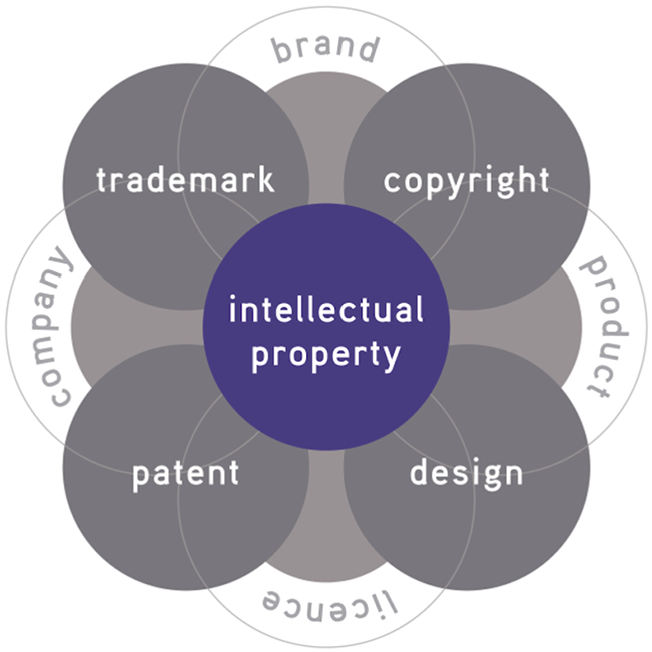Filing
When a trademark is filed in the Benelux, the Benelux Office for Intellectual Property will assess the trademark on absolute grounds. For example, the Office will consider whether your trademark is descriptive for the goods or services mentioned in the application (for example: the word SUPERMILK for milk) or is contrary to public order or public morals. If so, the Office can refuse your application and you will be able to file an appeal. Naturally, we will always discuss the chance of a refusal with you in advance.
The Benelux Office for Intellectual Property may also carry out an informative search for older, similar trademarks. This search is purely for your own information and the Office may not refuse your registration because of the existence of older, similar trademarks. However, the owners of these trademarks can decide to take action against your trademark.
Given the above, it will be important, in practice, to conduct a prior search (a so-called preliminary search) in situations in which you want to use a new trademark, in order to assess the availability of the trademark in question.
It is also possible to arrange for your trademark to be registered as part of an accelerated procedure, subject to the payment of an extra fee. Some situations make it imperative to ensure that a trademark is registered without delay. This will be the case, for example, if you want to invoke your trademark against someone who is infringing on your rights or if you want to achieve international protection for your trademarks, which must be based on a basic registration in the Benelux in certain cases.
In the event of an accelerated registration procedure, the trademark in question will be registered once all of the relevant formalities have been met. It is possible to complete this procedure in just several days. Please note, the assessment based on absolute grounds and any opposition will take place after registration in this situation. This may mean that your registration is deregistered at this point.
Classes
A trademark will be registered for certain goods and/or services. According to the formal rules on classification, these goods and/or services will be divided into certain classes (groups of products and services). We will prepare the classification on the basis of the goods and/or services stated by you. The registration costs incurred when registering a trademark always includes three classes. A surcharge will apply for an extra class.
Period of validity
A trademark registration will be valid for a period of 10 years, after which it can be extended for further periods of 10 years, if required.
Watch service
When we file a trademark in the Benelux for you, this trademark will always be registered for the watch service in the Benelux. By doing this, you will be informed about new trademark applications that are similar to your own trademark. We will advise you whether the new trademark infringes on your trademark rights. In consultation with us, you may decide to object to this. If you find that your trademark is no longer important during the course of its validity, you will be able to cancel your subscription at the end of each current year. We will remind you of this in writing each year.
The costs for a watch service subscription will start on 1 January of the year following the year in which your application is filed. As such, your watch service will be free of charge in the first calendar year.
Filing a trademark
If you decide to proceed to file a trademark, you will need to decide whether you want to have a search conducted prior to this. For more information about this, see the heading Trademark searches. Once this decision has been made, the search or filing procedure can be started.










